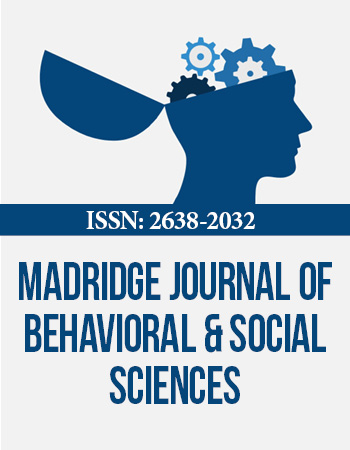International Conference on Alzheimerʼs Disease & Associated Disorders
May 7-9, 2018 Rome, Italy
Modulation of Beta-Amyloid Peptide Transporters on Brain-Blood Barrier by Ketogenic Diet
1Sapienza University of Rome, Dept. of Medico-Surgical Sciences and Biotechnologies, Italy
2Univ. Artois, Laboratoire de la Barrière Hémato-Encéphalique (LBHE), France
3Sapienza University of Rome, Dept. of Surgery “P. Valdoni”, Italy
4Don Carlo Gnocchi Onlus Foundation, Italy
5Sapienza University of Rome, Dept. of Experimental Medicine, Italy
Given the current absence of an effective pharmacologic treatment for Alzheimerʼs disease (AD), the development of alternative therapeutic approaches (such as the ketogenic diet, KD) might be considered. The KD is a low-carbohydrate, high-fat diet based on the production of ketone bodies (KBs) in the blood. In view of the KDʼs beneficial effects on the central nervous system and the lack of published data on the blood brain barrier (BBB), we used an in vivo/in vitro approach to investigate the effect of the KD and KBs on the BBB. For the in vivo study, blood from 129Sv mice was assayed for beta-hydroxybutyrate and glucose dosage. Brain capillaries were isolated from mouse cortices, and RT-qPCR assays were used to evaluate the mRNA expression of transporters/receptors involved in the synthesis and transport of KBs, glucose and amyloid-beta (Aβ) peptide. The mRNA assays were also performed in an in vitro BBB model, based on brain-like endothelial cells (BLECs). After a ketotic state had been established and the BLECsʼ integrity had been confirmed, we evaluated the mRNA expression of KB-, glucose- and Aβ-related genes. Lastly, the transport of fluorescently labelled Aβ-peptide across the BBB was studied after treatment with KBs. Our results showed that KBs regulate the expression of certain Aβ-peptide transporters/receptors and amyloid peptide-synthesizing enzymes. These data suggest that it is possible to modulate key molecular players in Aβ-peptide transport and synthesis at the BBB, and thus open up new perspectives for studying KB-related therapeutic approaches.
Biography:
Rita Businaro, MD, PhD is a Professor of Human Anatomy in Faculty of Pharmacy and Medicine at Sapienza University of Rome, Italy. She is a Director of the II level Master in “Stress, Sport, Nutrition: New Diagnostic and Therapeutics Tools for Wellness, Fitness and Rehabilitation”. She is Vice-president of AIF (Italian Fulbright Association) and Member of ISNIM (International Society for NeuroimmunoModulation). She is also Coordinator of Erasmus Plus program. His main research topics is Study of comorbidity of Alzheimerʼs disease and cerebrovascular disorders: a multidisciplinary approach to identify cellular proteins and mechanisms involved in the accumulation of amyloid aggregates in the central nervous system, Cross-talk Central Nervous System-Immune System and Diet role in delaying Alzheimerʼs disease progression.


